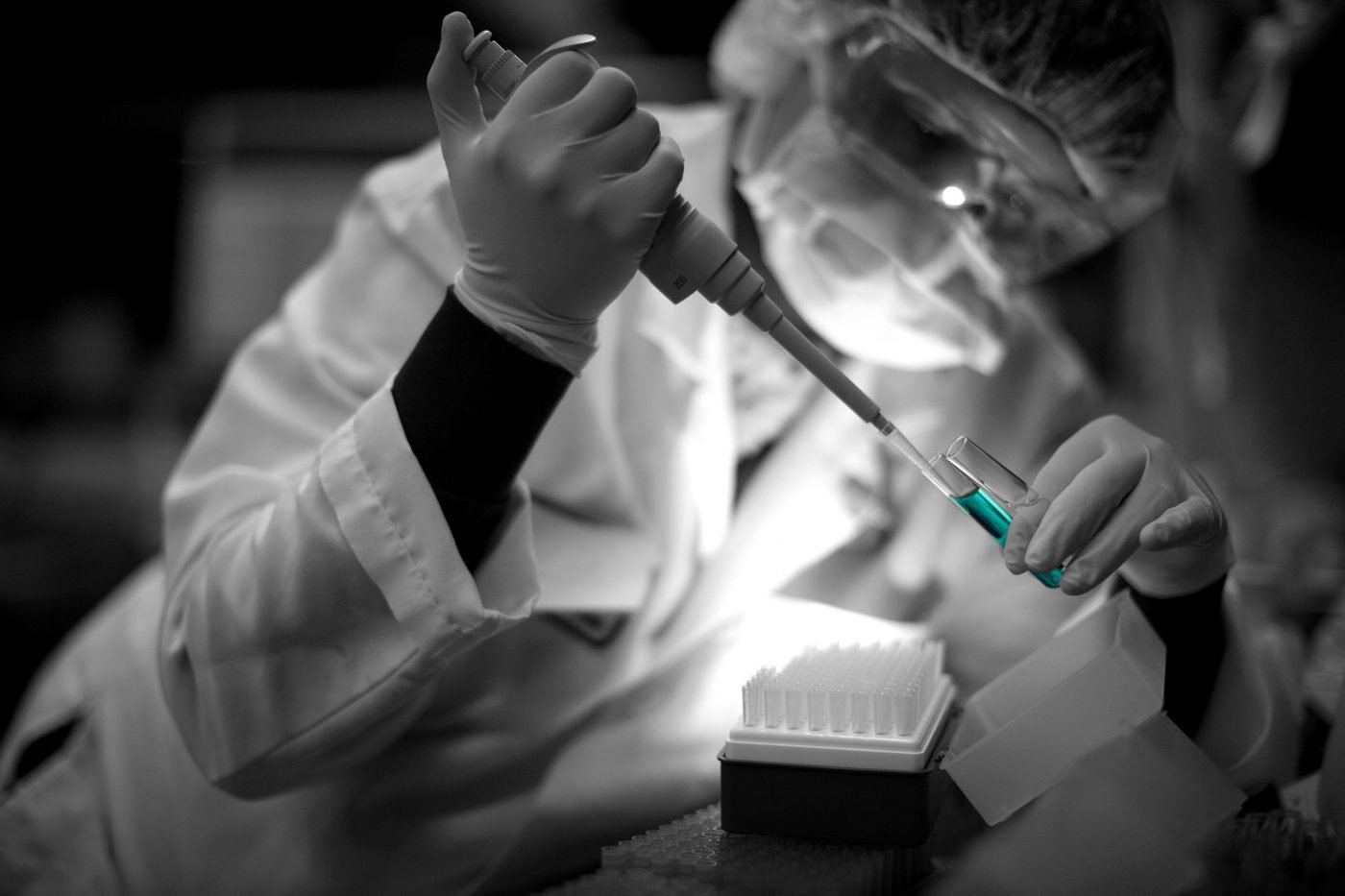UniQure’s AMT-130 Granted Orphan Medicinal Product Status in Europe

The European Medicines Agency (EMA) has granted orphan medicinal product designation to AMT-130, uniQure’s gene therapy candidate for the treatment of Huntington’s disease.
AMT-130 is an experimental gene therapy that is being evaluated in studies designed to support an investigational new drug (IND) application with the U.S. Food and Drug Administration (FDA) that uniQure plans to file later this year.
Huntington’s disease is caused by a mutation in the huntingtin gene, which leads to the formation of misfolded proteins that aggregate inside nerve cells and lead to their death. The death of nerve cells is what triggers muscle degeneration and cognitive decline in patients.
AMT-130 was developed to inhibit the production of the mutated form of the huntingtin protein. It consists of a small portion of synthetic genetic material, called microRNA (miRNA), which binds to the messenger molecule carrying the genetic information needed to make the huntingtin protein, marking it for elimination.
AMT-130 is carried via a noninfectious virus called adeno-associated virus (AAV), which is why AMT-130 is labeled an AAV-gene therapy.
In October 2017, uniQure announced that the FDA granted AMT-130 an orphan drug status for the same indication following the publication of results from a preclinical study of AMT-130 in April 2017, which showed the drug was able to penetrate the brain and spinal cord following direct injection in a primate and that injections were precise and safe.
To date, there are no approved medical treatments aimed at treating the underlying cause of Huntington’s. AMT-130 is the first investigational AAV-gene therapy in Huntington’s to ever receive an orphan medicinal product designation (OMPD) in the European Union (EU).
“The granting of orphan drug designation in Europe represents another important milestone for our AMT-130 program,” Matthew Kapusta, CEO of uniQure, said in a press release. “Huntington’s disease affects approximately 70,000 people in the U.S. and Europe, making this one of the largest clinical unmet needs in the rare disease field. We expect to file an Investigational New Drug application later this year and be the first AAV-gene therapy to enter clinical development for Huntington’s disease.”
An OMPD in Europe offers market exclusivity for 10 years in the EU following regulatory approval, as well as tax and financial incentives for the companies developing the orphan medicines. An orphan disease in Europe is one that affects no more than five in every 10,000 people.






